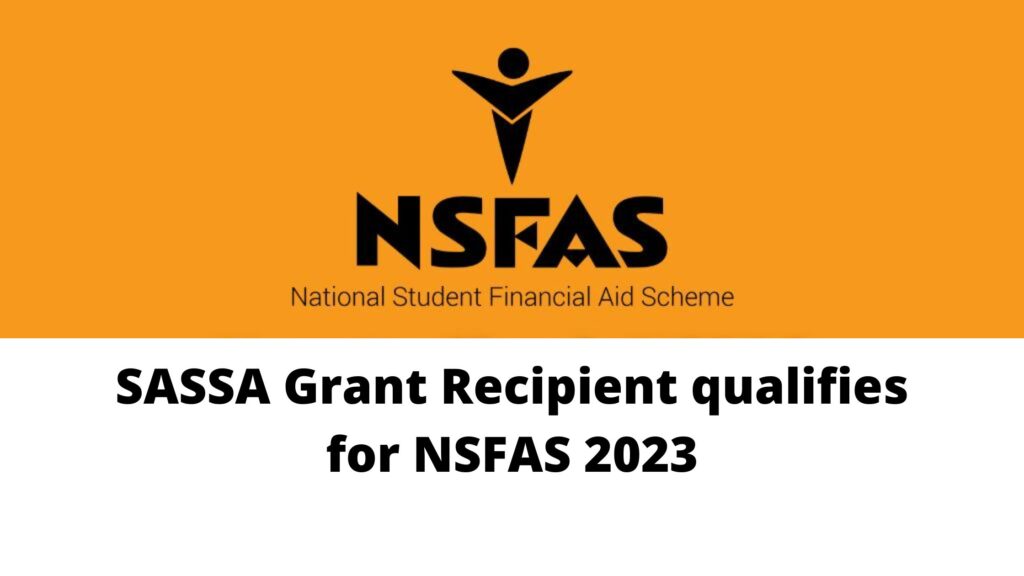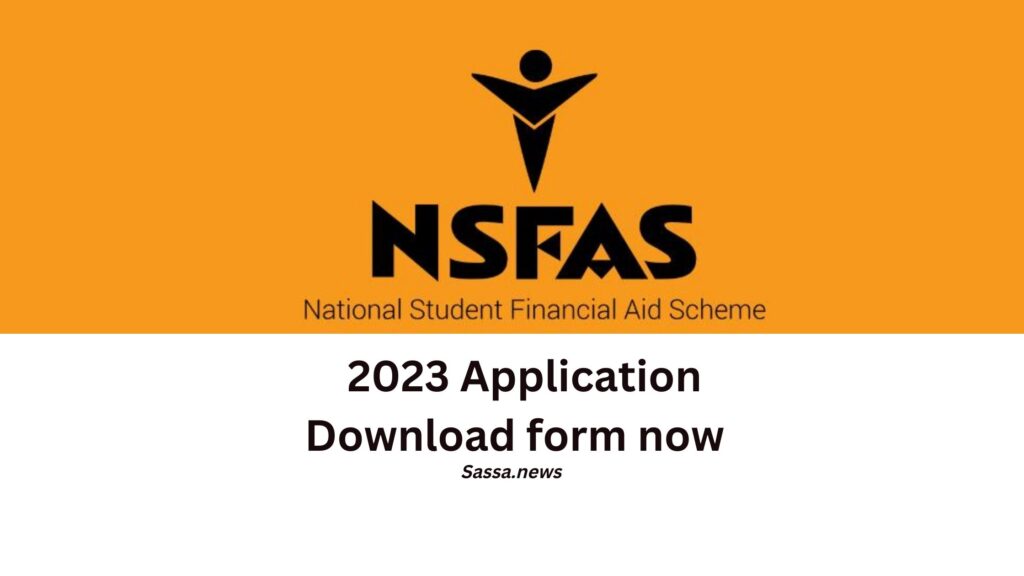Nsfas is gearing up for the 2023 academic year and has plans for the distribution of its allowances to qualifying students. Here is all you need to know.
Officials from the Department of Higher Education and Training (DHET) alongside the National Student Financial Aid Scheme (Nsfas) have announced new allowance funding allocations for the 2023 academic year.
Nsfas is projected to spend R47.6 billion in funding allocation for 2023, according to the Minister of Higher Education, Blade Nzimande.
The allowances have been adjusted to inflation within the budget allocated to Nsfas for this year.
Nsfas has helped its students by introducing an allowance system which covers most of the extra costs that come with pursuing higher education, such as accommodation and buying student materials.
Students who qualify for the government bursary will be eligible to receive funding for study-related expenses, known as a student allowance.
Nsfas beneficiaries are provided with the student allowance on a monthly basis, which usually begins when academic activities resume. These allowances are paid in cash, either directly to the student via their Nsfas Wallet or via the institution to the student.
During his address, Nzimande stated that university students will receive a R5,460 learning material allowance per year, as well as an accommodation allowance to the value of R61,500 a year .
There is also a projected 7% increase in the number of students who will qualify for funding in the coming academic year.
Distance university students, and as of the 2023 academic year, students who are studying less than 60 course credits towards their qualification, will qualify for the learning materials allowances only.
Distance university students studying an equivalent full-time course credit load qualify for the personal care allowance of R3,045 per academic year. This requires a student to be registered for a minimum of 120 course credits in one academic year.
As always, a living allowance will be provided to all Nsfas-funded students at universities and who are not accommodated in catered residences, in order to cover food and other expenses. In 2023, this allowance will be R15,750; made up of R3,045 as a personal care allowance per year and R12,705 as a meal allowance per year.
Students may either qualify for the travel allowance or the accommodation allowance.
All institution owned or leased, as well as private accommodation, will be capped at R45,000 per academic year. Private accommodation allowances will be required to be paid directly to private accommodation service providers by Nsfas or institutions.
In order to make sure that students residing in university accommodations (private and public) have suitable living conditions, all student accommodation will be accredited using the Policy on the Minimum Norms and Standards For Student Housing (MNSFSH).
Any accommodation that does not meet the MNSFSH criteria will undergo a verification process by Nsfas or an institution to determine the rental rate.
Payment of the maximum allowance for accommodation that does not meet the MNSFSH criteria will be rationed according to the criteria defined by Nsfas in Clause 7.2.4:
- Students residing with immediate family or with relatives do not qualify for accommodation allowances. Instead, these students qualify for a travel allowance determined by the institution, up to a maximum of R7,875 in 2023.
- Students living in institution owned accommodation, or leased accommodation qualify for a capped annual accommodation allowance of up to R45,000 per annum.
- Students living in accredited private accommodation qualify for a capped accommodation allowance of up to R45,000 per annum.
- Students living in institution-catered accommodation qualify for a maximum allowance capped at R60,750 per annum (accommodation allowance that is inclusive of the living allowance and personal care)
- Institutions that wish to continue with the accreditation of private accommodation must apply to Nsfas.
- Nsfas will give a three months’ notice to institutions that were approved to continue with the accreditation and where Nsfas has put processes in place to take over the accreditation.
- Nsfas will develop a grading process to determine the accommodation rental for Nsfas-funded student.
- Nsfas will undertake verification of private accommodation to ensure the accommodation costs are in line with the quality of accommodation and comply with the MNSFSH standards.
- As of 2023, a student in need of private accommodation can apply directly to Nsfas provided the institution has not initiated a process of accreditation and placement of the student in an accommodation.
- Nsfas will facilitate signing of a lease agreement on behalf of a student and ensure payments directly to the Landlords where the student applied directly to Nsfas for private accommodation.
- Students only qualify for one accommodation allowance type per academic term.
All university students qualify for a learning material allowance, which is set at a maximum amount of R5,460 for students for the 2023 academic year.
The learning material allowances must be used for the purchasing of academic books and materials and/or a learning device. Only one allowance is provided per student per academic year.
A student who is receiving financial aid from Nsfas for the first time is required to purchase a digital learning device (such as a laptop) in that year of study if the student is not in possession of one already.
Nsfas reserves the right to acquire devices on behalf of its beneficiaries and no institution can opt out, but an institution can apply for exemption.
Allowances for students in distance education programmes are calculated based on the number of courses registered up to a maximum of R5,460.
Nsfas mandates FTEN students to utilise part or all the learning material allowance for the purchase of digital devices.
Any costs relating to insurance, maintenance and/or repairs of computer equipment purchased, or data, must be covered by the student.


